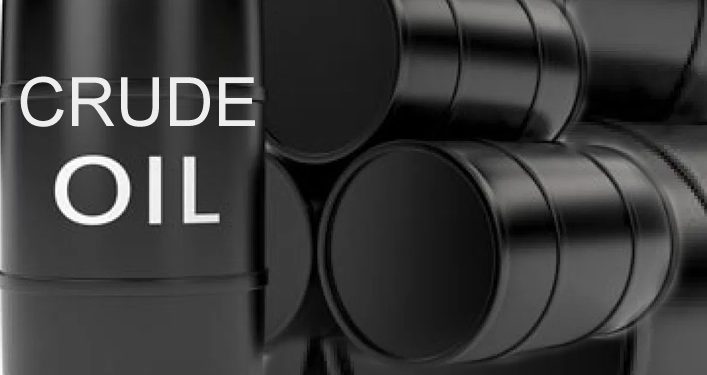Over 3.5 billion barrels of oil and condensate reserves are currently locked in undeveloped fields across Nigeria’s basins, according to the Nigerian Upstream Petroleum Regulatory Commission (NUPRC).
At an average benchmark price of $65 per barrel, the reserves are valued at about $227.5 billion, equivalent to ₦341.25 trillion at the exchange rate of ₦1,500 to a dollar.
Our correspondent observes that this figure represents over 600 per cent of Nigeria’s 2025 budget, which stands at ₦54.9 trillion. To put the value in perspective, the reserves could finance:
- Over two million primary health centres at ₦150 million each.
- More than five million blocks of two classrooms at ₦65 million each.
- About 413,000 kilometres of roads at ₦825 million per kilometre.
Nigeria’s 2025 budget projects a deficit of ₦13.08 trillion, to be financed through both domestic and external borrowing. The fiscal plan allocates ₦13.64 trillion for recurrent expenditure, ₦23.96 trillion for capital projects, ₦14.32 trillion for debt servicing, and ₦3.65 trillion for statutory transfers.
The existence of such massive untapped reserves underscores Nigeria’s challenge of converting natural resource wealth into fiscal and infrastructural benefits.















